Palm oil - it’s everywhere and it’s controversial. But why?
Palm oil is present in a huge number of the food and personal care items used each day. Although it is one of the most efficient crops, problems can arise with how palm oil is farmed and processed.
The issues surrounding palm oil have received a lot of attention and it’s important to go behind the hype to understand how to make sustainable choices.
The Reality of Palm Oil
When farmed unsustainably, palm oil causes deforestation, peat burning and the destruction of important habitats.
What is sustainable Palm Oil?
When farmed sustainably, and as part of a transparent supply chain, palm oil can have a positive impact - protecting the environment and helping families to earn a living wage.
Palm oil is one of the highest yielding crops available. This means that each hectare planted with palm can produce around three tonnes of oil a year. Producing an equivalent amount of oil from rapeseed, sunflower or soy would use around ten times more land.

What can consumers do to help?
Despite all the media attention, the solution is not as simple as avoiding all products containing palm oil. Over recent years, many companies have moved away from using palm oil in favour of other alternatives. In many cases all this has done is moved the issues elsewhere and made the environmental impact much worse. Sustainable, responsibly sourced palm oil is actually a smarter choice than many palm oil alternatives.
Responsibly Sourced Palm Oil
The easiest way to check that the palm oil in your products is sustainable and responsibly sourced is to check that the brand is RSPO certified. The RSPO (Roundtable on Sustainable Palm Oil) is a not-for-profit organisation working with palm oil producers, processors, consumer goods manufacturers, retailers, banks/investors and a range of environmental and social non-government organisations (NGOs) to develop and implement global standards for sustainable palm oil.
The RSPO has developed a set of environmental and social criteria which companies must comply with in order to produce Certified Sustainable Palm Oil (CSPO). When they are properly applied, these criteria help to minimise the negative impact of palm oil cultivation on the environment and communities in palm oil-producing regions. Look out for brands that have RSPO certification.
Beauty Kin and Palm Oil
Here at Beauty Kin, our products are designed to target specific skin issues. Effectiveness and sustainability are important to us.
Most of our bars use a coconut base rather than palm oil. Our Clarifying Bar uses Responsibly Sourced Palm Oil (RSPO) in our pH-balanced base.

Beauty Kin only use RSPO Certified Palm Oil. Our RSPO membership number is 9-4574-22-000-00.
Our main supplier of raw materials - Stephenson Group (SGL) - has been a member of the RSPO since July 2010. Their manufacturing facility is audited by the RSPO certification body to meet the requirements of the RSPO certification standard.
By the way, we’ll discuss how we obtain the raw product for our coconut base in a later blog post… watch this space.





